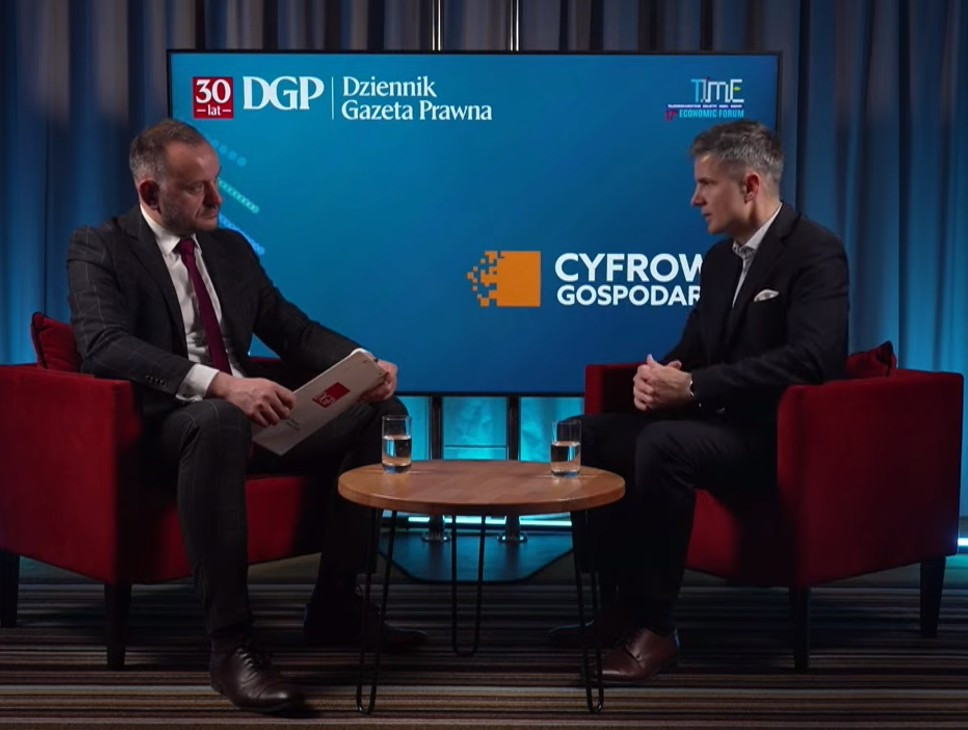Our website is using cookies to deliver best possible experience to you. By using it you agree to cookies policy.
The European Union has the potential to compete with the US and China, but the lack of a single market and national nationalisms weaken its position in the global technology race. This is particularly true in the case of artificial intelligence, where Europe is failing to make the most of its resources and capabilities. The key is cooperation through coordinated action," says Piotr Mieczkowski for Dziennik Gazeta Prawna

Poland can play an important role by creating or adapting language models such as PLLUM or Bielik. The EU is already taking steps in this direction, e.g. through the AI Factory project, but more decisive action is needed in terms of crowdfunding, defining why we need GPU power, developing a plan for AI commercialisation and deployment.
One of the key elements to the success of the US tech sector is VC investment. In Europe, a conservative approach has prevailed so far, as funding has mainly come from the banking sector, which is reluctant to support innovative ventures. Why? They are unbankable because startups have no cash flow or assets to pledge which makes traditional lending difficult.
Reports by Mario Draghi and Letta point to the need to merge financial markets, capital and redirect it to higher-risk investments, which can support the development of AI. We need to redirect pension savings in the form of LPs, fund of funds or through co-investments into PE/VC.
The fragmentation of our European market is a major challenge. There are only a few large telecoms operators in the US and China, compared to more than 70 in Europe. There is a similar problem in other sectors, such as defence, where national nationalisms make cooperation difficult. An example of success can be found in Airbus, a European model of cooperation that has created a global leader in aviation. History shows that Europe can unite in crisis moments. In 2012, when the eurozone was under threat, decisive action allowed it to survive and strengthen. Today, we need a similar approach in the field of new technologies. Without a united market and the courage to invest, the Union will not catch up with global leaders.
Read more in DGP as part of the Digital Economy series.